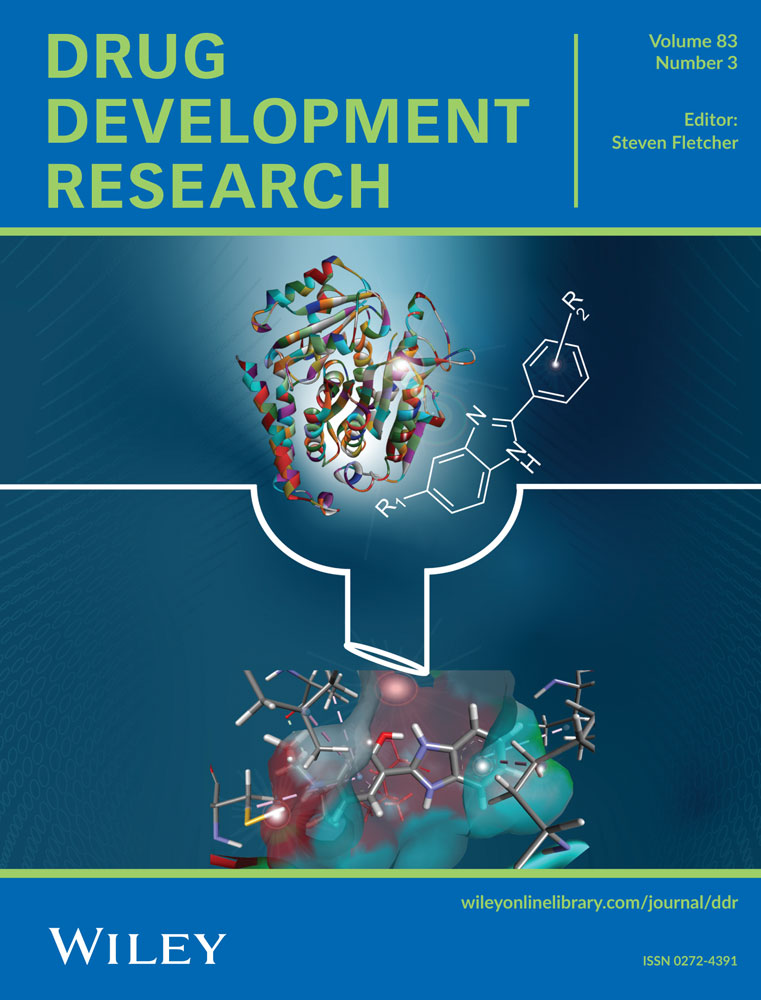GSTO2 ameliorates human neuroblastoma cell apoptosis, inflammation, ferroptosis, and oxidative stress by upregulating GPX4 expression in intracerebral hemorrhage
Abstract
Intracerebral hemorrhage (ICH) is a severe hemorrhagic stroke and induces severe secondary neurological injury. However, its pathogenesis remains to be explored. The present work investigates the role of glutathione S-transferase omega 2 (GSTO2) in ICH and the underlying mechanism. Human neuroblastoma cells (SK-N-SH) were stimulated using hemin to mimic ICH-like injury. Protein expression levels of GSTO2 and glutathione peroxidase 4 (GPX4) were detected by western blot analysis assay. Cell viability was assessed by cell counting kit-8 assay. Cell proliferation was investigated by 5-ethynyl-2′-deoxyuridine assay. Cell apoptosis was analyzed by flow cytometry. Interleukin-6 and tumor necrosis factor-α levels were quantified by enzyme-linked immunosorbent assays. Fe2+ colorimetric assay kit was used to detect Fe2+ level. A cellular reactive oxygen species (ROS) assay kit was used to detect ROS levels. Malondialdehyde (MDA) level was assessed using the MDA content assay kit. GSH level was quantified using the GSH assay kit. Co-immunoprecipitation assay was performed to identify the association between GSTO2 and GPX4. Hemin stimulation suppressed SK-N-SH cell proliferation and promoted cell apoptosis, cell inflammation, ferroptosis, and oxidative stress. GSTO2 expression was downregulated in hemin-treated SK-N-SH cells in comparison with the control group. In addition, ectopic GSTO2 expression counteracted hemin-induced inhibitory effect on cell proliferation and promoting effects on cell apoptosis, inflammation, ferroptosis, and oxidative stress. Moreover, GSTO2 was associated with GPX4 in SK-N-SH cells. GPX4 silencing attenuated GSTO2 overexpression-induced effects on hemin-stimulated SK-N-SH cell injury. GSTO2 ameliorated SK-N-SH cell apoptosis, inflammation, ferroptosis, and oxidative stress by upregulating GPX4 expression in ICH, providing a therapeutic strategy for ICH.

 求助内容:
求助内容: 应助结果提醒方式:
应助结果提醒方式:


